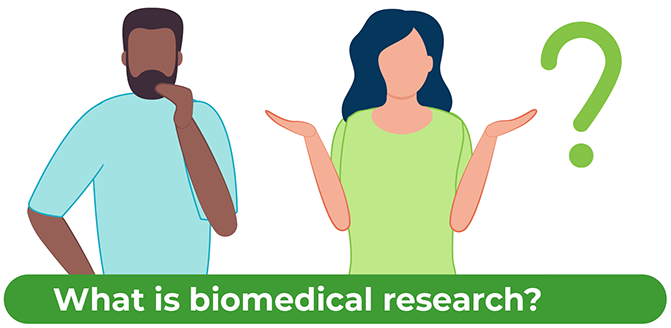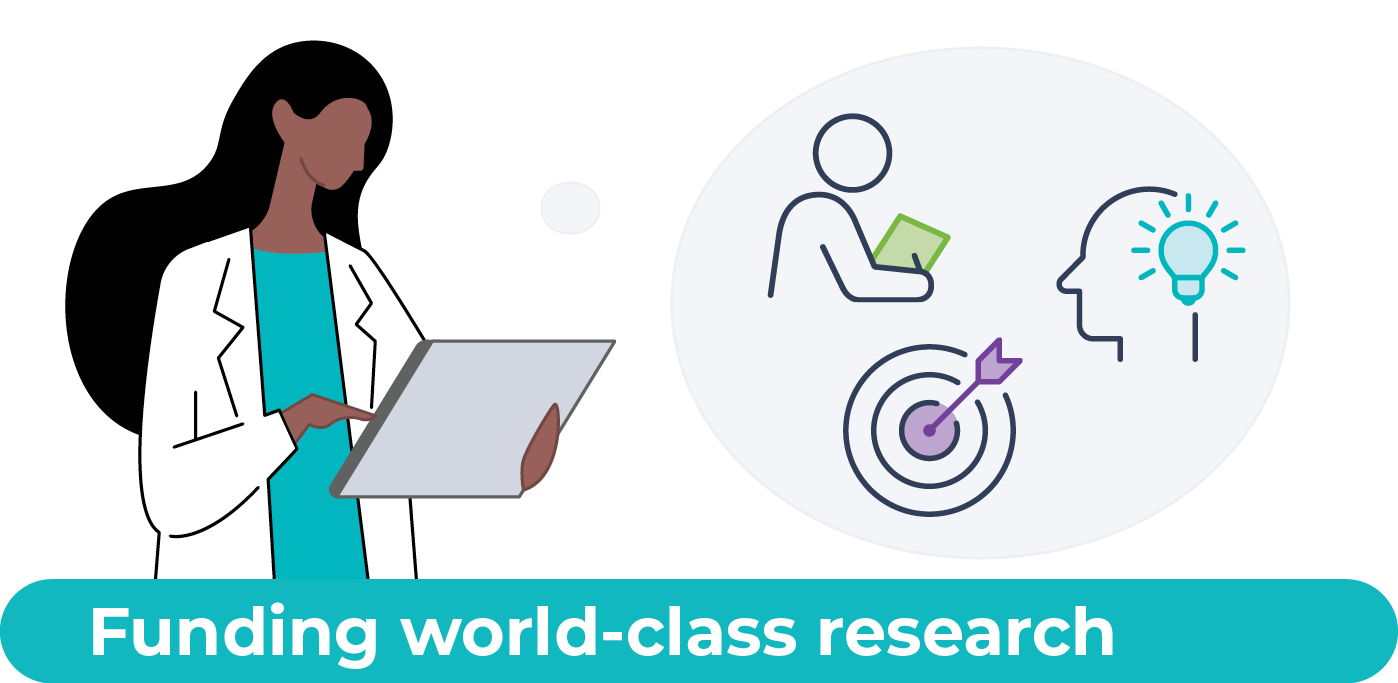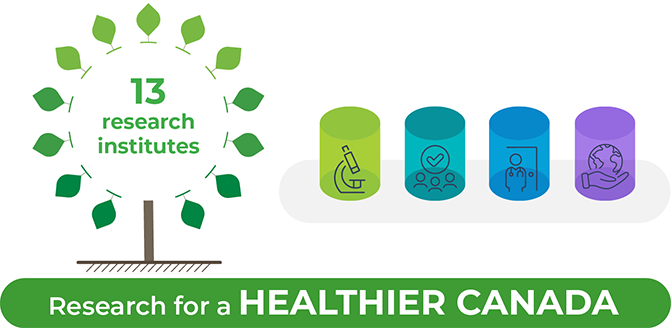Biomedical research (Pillar 1)
Did you know that one hundred years ago, infectious diseases were the number one cause of death worldwide, life expectancy in Canada was 59 years, about 1 in 10 Canadian babies died within the first year of life, and even a minor scrape or injury could lead to a fatal infection?
Thankfully, science and medical advancements have improved these scenarios tremendously since then. Today, the average life expectancy in Canada is over 80 years, infant mortality rates have decreased significantly, and we have antibiotics and vaccines that help protect us against a wide range of contagious illnesses.
But these medical advancements certainly didn’t happen overnight. In fact, there is no such thing as an ‘overnight success’ in science. Even the discoveries that get called breakthroughs and groundbreaking are building on decades of research that formed the base of knowledge required for a breakthrough to even be imagined.
Does that mean we shouldn’t celebrate those great scientific leaps? Of course not!
If anything, we should celebrate them more—and we should also celebrate the fundamental and applied research that came before them to pave the way for success. Every study, published paper, and even failed experiments eventually add up to help strengthen our collective understanding of how every part of the body works.
Over the past century we have witnessed many such scientific successes, including:
- the discovery and use of insulin;
- the invention of the cardiac pacemaker;
- advancements in our understanding of the genes that control development in embryos;
- the discovery of transplantable stem cells;
- the development of mRNA-based COVID-19 vaccines;
- and so much more!
It is thrilling to see how far we have come, but it’s also humbling to recognize how far we still have to go. Biomedical research has been the cornerstone of many life-saving treatments and medicines, and we will continue to rely on it to make Canadians—and people around the world—healthier for the next one hundred years.
What does biomedical research do?
This type of research focuses on understanding normal and abnormal workings of the human body. By studying these workings at the molecular, cellular, organ system, and whole-body levels, biomedical research leads to new ways of diagnosing, preventing, and treating illness and disease.
Exploring many areas of both the life and physical sciences, biomedical research addresses challenges such as:
- How can we protect our brain health as we age? And is it possible to help the brain heal itself?
- Can we train the immune system to recognize and destroy cancer cells? What other ways can we treat cancer with maximum precision and minimal side effects, especially aggressive or highly fatal forms of the disease?
- How do the bacteria and other microbes that live in our guts or on our skin affect our health?
- How can we develop new gene therapies and drugs to treat rare/inherited diseases?
- What happens if our current antibiotics stop working? Can we develop more? And can we prevent bacteria and other microbes from becoming antibiotic-resistant in the first place?
- Can we prevent animal-to-human transmission and spread of disease due to climate change?
To answer these questions and more, biomedical researchers conduct quantitative research studies, run laboratory experiments, and develop and test new therapies, treatments, or devices that have the potential to improve health and quality of life. Note: When those therapies and treatments are ready to test in humans, they become part of clinical research (pillar 2).
These research activities often require specialized equipment, and large projects typically include experts from a variety of fields (such as medicine, pharmacology, bioinformatics, computational biology, medical or molecular genetics, structural biology, biochemistry, immunology, pathology, kinesiology, and many more).
Show me the research!
Browse the stories below to learn more about real-life biomedical research taking place across the country.

Dr. Adam Johnston
Dalhousie University

Dr. Edan Foley
University of Alberta
We contain multitudes: What fly guts and bacteria can teach us about immunity
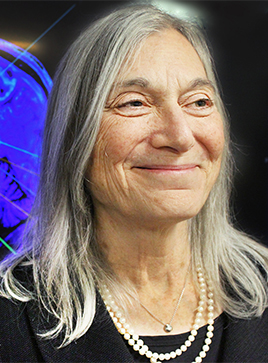
Dr. Gillian Einstein
University of Toronto
From body to brain: Understanding how sex and gender contribute to brain health as we age
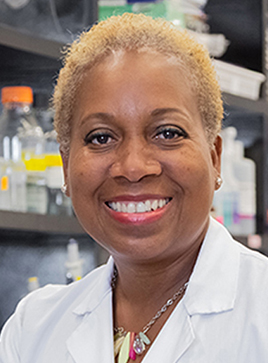
Dr. Juliet Daniel
McMaster University
Passion and persistence: How fundamental research is addressing an aggressive breast cancer
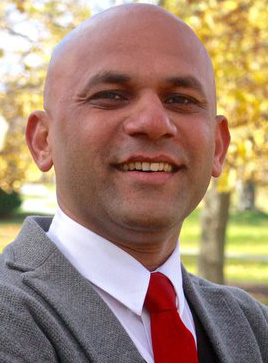
Dr. Shashi Gujar
Dalhousie University
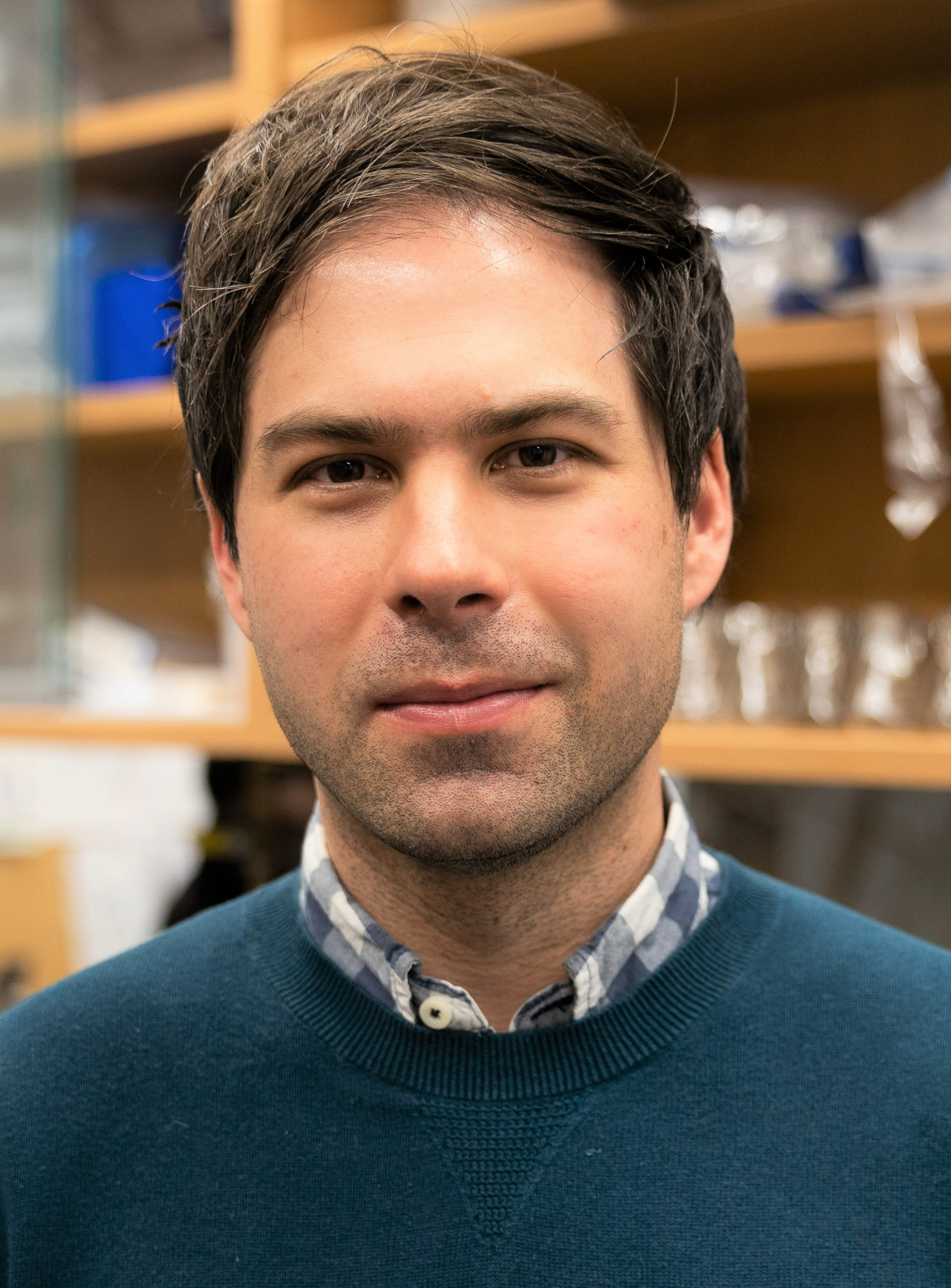
Dr. Robert Huber
Trent University
Features
- Date modified:
